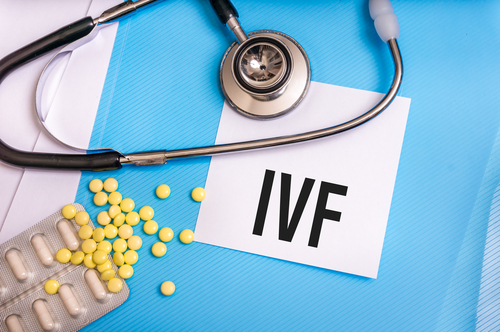Infertility can create significant challenges for couples trying to conceive. For those dealing with severe infertility, in vitro fertilization (IVF) has become a scientifically advanced and effective approach to achieving pregnancy. Here is more information on how IVF works, exploring its benefits for infertility treatment:
Understanding How IVF Works
IVF involves a series of carefully monitored medical procedures that assist with conception. The process begins with ovarian stimulation, where hormone medications promote the development of multiple eggs in the ovaries. These eggs are then retrieved through a minor surgical procedure.
The next step occurs in a laboratory, where retrieved eggs are fertilized with sperm. Fertilization can happen naturally in a controlled environment or through intracytoplasmic sperm injection (ICSI), where a single sperm is directly injected into an egg. Once fertilized, embryos are cultured for several days and closely monitored for development. The final stage involves transferring the healthiest embryos into the uterus, with the goal of achieving successful implantation and pregnancy. Any remaining viable embryos can be frozen for future use, providing additional opportunities for conception.
Aiding Severe Infertility
IVF is a leading treatment for couples experiencing severe infertility issues, including cases of blocked fallopian tubes, endometriosis, low sperm count, and unexplained infertility. One of its key benefits lies in its controlled and personalized nature. Since fertility specialists closely monitor every step, IVF allows for tailored strategies to address specific causes of infertility.
Another advantage is the ability to use assisted reproductive technologies (ART) alongside IVF. Techniques like ICSI, as mentioned previously, can overcome male infertility factors by directly facilitating fertilization. Genetic testing conducted during the IVF process can identify chromosomal abnormalities, helping couples reduce the risk of passing on genetic conditions. IVF provides an option for those wishing to preserve their fertility. Freezing embryos or eggs enables individuals to delay parenthood while maintaining the quality of their reproductive material.
Exploring the IVF Process
Couples embarking on IVF should approach the process with clear expectations about its timeline, costs, and outcomes. The procedure involves a series of appointments, including consultations, ultrasounds, and lab procedures. It is a time-intensive process that typically spans several weeks for each cycle. Costs may vary significantly based on geographic location, the clinic selected, and the need for additional services like fertility preservation or donor materials. Some insurance plans include partial or full coverage, depending on individual policies and healthcare providers.
While IVF offers high success rates, success depends on multiple variables, including age, health, and the underlying causes of infertility. Fertility specialists can provide guidance on likely outcomes for each couple. Potential risks, such as ovarian hyperstimulation syndrome (OHSS) or multiple pregnancies, are addressed by clinicians throughout the treatment process.
Find a Fertility Clinic
IVF offers a scientifically advanced pathway for couples navigating infertility. It combines precise medical techniques, expert fertility care, and adaptability to address diverse causes of infertility. With innovative technology and personalized approaches, IVF increases the likelihood of conception and brings hope to individuals facing severe fertility challenges. For couples ready to take the next steps in their fertility journey, consulting with a fertility specialist will provide valuable clarity on how IVF can support their goals of growing their family.
- When to See a Foot and Ankle Surgeon
- Top Benefits of Visiting a Vein Clinic for Early Treatment of Vein Issues
- The Intersection of Gynecology and Endometriosis Treatment
- Regenerative Orthopedics for Post-Surgery Healing
- The Role of Pain Management in Living with Chronic Pain
